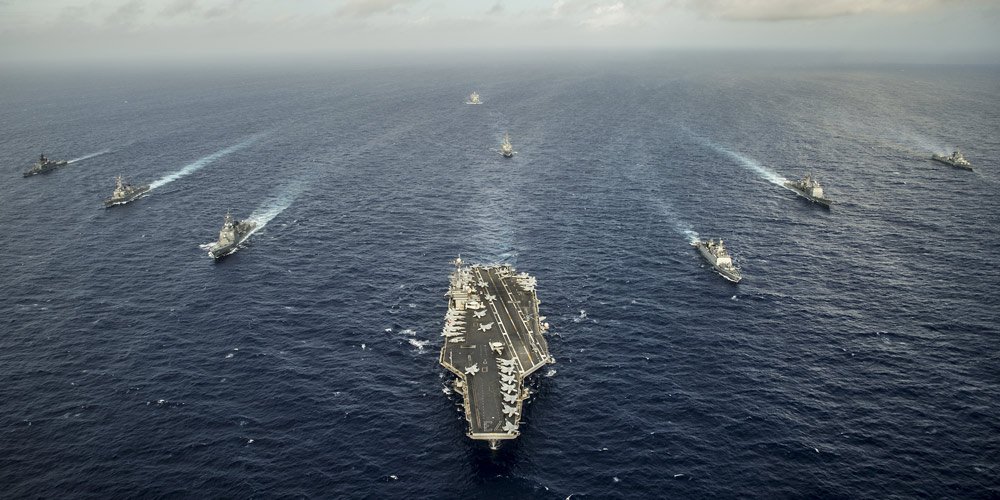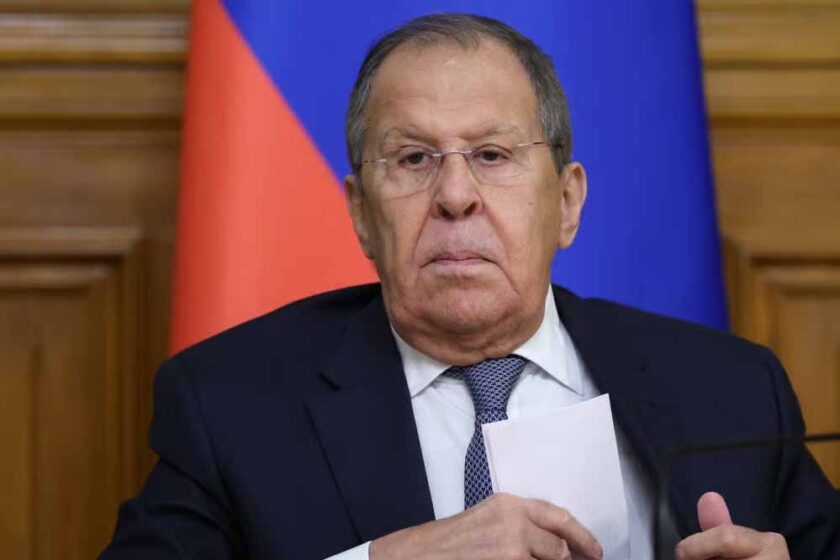News Delhi: India is strategically strengthening maritime security as global turmoil increases, focusing on safeguarding its interests, securing sea lanes of communication (SLOCs), and contributing to regional and global maritime stability. Here’s how:
1. Expanding Naval Capabilities
- Modernizing the Navy: India is investing heavily in indigenous shipbuilding, adding advanced warships, submarines, and aircraft carriers like INS Vikrant to its fleet.
- Strategic Naval Bases: Expansion of naval bases in Andaman & Nicobar Islands and Lakshadweep strengthens India’s presence in critical maritime chokepoints such as the Malacca Strait.
2. Enhancing Regional Cooperation
- Indian Ocean Partnerships: India collaborates with countries like Sri Lanka, Maldives, Seychelles, and Mauritius through agreements on maritime surveillance, patrols, and intelligence sharing.
- Indo-Pacific Outreach: India’s Act East Policy emphasizes partnerships with ASEAN countries for maritime security, particularly in the South China Sea.
3. Strengthening Maritime Domain Awareness (MDA)
- Information Fusion Centre (IFC-IOR): Established in Gurugram, this hub facilitates real-time information sharing with partner nations to monitor maritime activities in the Indian Ocean.
- Satellites for Surveillance: India uses satellites like RISAT and GSAT to monitor maritime activities, enhancing domain awareness.
4. Anti-Piracy Operations
- India actively participates in anti-piracy patrols in the Gulf of Aden, protecting commercial vessels and ensuring the safety of SLOCs.
- Collaboration with international coalitions to combat piracy and armed robbery at sea.
5. Quad and Multilateral Exercises
- Quad Cooperation: India works with the US, Japan, and Australia to promote a free, open, and inclusive Indo-Pacific region.
- Naval Drills: Exercises like Malabar and Milan focus on interoperability and countering threats like piracy, smuggling, and potential blockades.
6. Securing Strategic Chokepoints
- Malacca Strait and IOR: India monitors and patrols key chokepoints vital for global trade and energy supplies, ensuring their security during geopolitical tensions.
- Access to Foreign Ports: Agreements with nations like Oman (Duqm port) and France (Reunion Islands) expand India’s strategic reach.
7. Countering China’s Maritime Expansion
- Strategic Balancing: India counters China’s “String of Pearls” strategy by deepening defense and economic ties with IOR nations.
- Monitoring Chinese Activities: India actively tracks Chinese naval movements, including submarines and research vessels, in the Indian Ocean.
8. Promoting Maritime Diplomacy
- IORA and SAGAR: India’s Security and Growth for All in the Region (SAGAR) framework ensures collaborative security and sustainable development in the Indian Ocean.
- Capacity Building: India provides maritime security training, technology, and equipment to neighboring countries, enhancing their capabilities.
9. Combating Non-Traditional Threats
- Illegal Activities: India works to combat illegal fishing, smuggling, and human trafficking through joint patrols and stringent coastal surveillance.
- Disaster Response: The Navy plays a crucial role in humanitarian assistance and disaster relief (HADR) missions across the region.
10. Leveraging Maritime Infrastructure
- Blue Economy Development: Strengthening maritime infrastructure, like ports and undersea cables, helps secure India’s economic interests.
- Sagarmala Project: Enhances coastal connectivity and port modernization, indirectly bolstering maritime security.
11. Legal and Institutional Frameworks
- UNCLOS Advocacy: India promotes adherence to international maritime law under the United Nations Convention on the Law of the Sea (UNCLOS).
- Counter-Terrorism Initiatives: Actively engages in global efforts to prevent maritime terrorism.
India’s multi-pronged approach to maritime security ensures resilience against both traditional and non-traditional threats, positioning the country as a responsible maritime power amidst global uncertainties.

---------------------------------------------------------------------------------------------------















